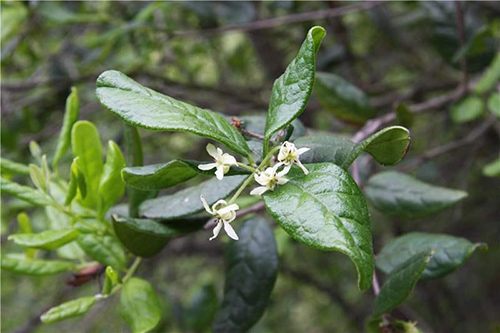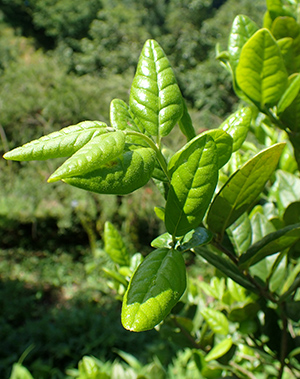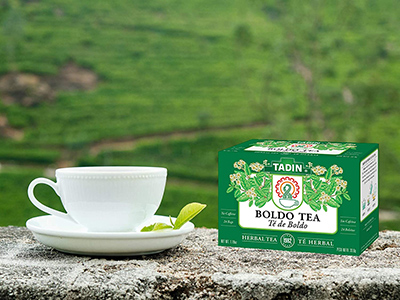Contents
Boldo health benefits: Boldo is one of the medicinal plants most used in preparing medicines for treating liver and gall bladder diseases. Several laboratory-produced medicines contain this plant as an essential part. It has some properties that any chemically synthesized product could never achieve.
Boldo is a highly appreciated plant in Chile. Native Andean Indians used it because of its stomachic and digestive properties. It can currently be found in pharmacies and herb shops in Europe and America, still with its primitive Araucanian name.

Boldo Scientific Facts
- Scientific Name: Peumus boldus Molina.
- French: Boldo.
- Spanish: Boldo.
- Environment: The plant grows wild in Chile and Andean areas of South America. It is cultivated in Italy and North America.
- Description: A tree or shrub of the Monimiaceae family can grow up to 5 m high. Its elliptic, rough leaves and white or yellowish flowers give the whole plant an aroma similar to that of peppermint.
- Parts of the plant used medicinally: The leaves.
Boldo Health Benefits
The boldo leaves contain around 20 alkaloids derived from aporphine, the most important of which is boldine, which makes up 25 to 30 percent of the total. They also contain essential oil, which gives the plant its typical smell. This essential oil contains eucalyptol, ascaridole, and cymol. The leaves also contain several flavonoids and glycosides (boldoglycine).
The most outstanding properties of this plant are as follows:

- The leaves are choleretic (increases bile production in the liver) and cholagogue (promotes gall bladder emptying). Hence, they are recommended for hepatic congestion, biliary dyskinesia (disorders in gall bladder functions), and biliary colic.
The plant is also helpful for biliary lithiasis (gall stones) and alleviating digestive discomfort and the sensation of distention after meals, which are characteristic of this ailment. Boldo is not able to dissolve gallstones or provoke their expulsion. However, boldo has been proven to produce changes in the bile’s chemical composition and physical properties. Hence, it makes bile more fluid and less lithogenic, forming stones or calculi). Boldo thus prevents the bile from forming new stones or those existing from growing.
- Eupeptic (eases digestion) and appetizer. Boldo is recommended for a bloated stomach, slow digestion, lack of appetite, and bad breath (sour).
- Mildly laxative, probably due to the higher flow of bile in the intestine, which this plant provokes.
Boldo is usually taken with other choleretic and cholagogue plants (artichoke, rosemary) or laxative (alder buckthorn, tinnevelly senna, etc.).
Warning

Never exceed the prescribed dose (four cups a day) since boldo has narcotic and anesthetic properties in high doses, acting on the central nervous system. These effects only occur when taken in high doses and never with those doses recommended here. Even though its impact on the fetus has not been proven, pregnant women should abstain from this plant.
How to use Boldo
- Infusion with 10 to 20 grams of leaves per liter of water. Drink a cup before meals, up to four daily.
- Dry extract. One gram, three or four times a day, before meals.
DISCLAIMER: All content on this website is presented solely for educational and informational objectives. Do not rely on the information provided as a replacement for advice, diagnosis, or treatment from a qualified medical expert. If you are pregnant, nursing, or have any preexisting medical concerns, talk to your doctor before using any herbal or natural medicines.
REFERENCES
- George D. Pamplona-Roger, M.D. “Encyclopedia of Medicinal Plants.” George D. Pamplona-Roger, M.D. Encyclopedia of Medicinal Plants. Ed. Francesc X. Gelabert. Vols. 1 San Fernando de Henares: Editorial Safeliz, 2000. 390, 391. Print. [boldo health benefits]
- National Institutes of Health (NIH): https://pubmed.ncbi.nlm.nih.gov/
- Journal of Ethnopharmacology: https://www.sciencedirect.com/
